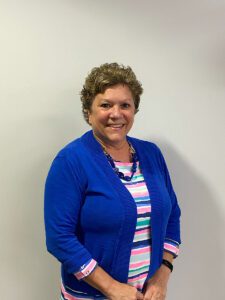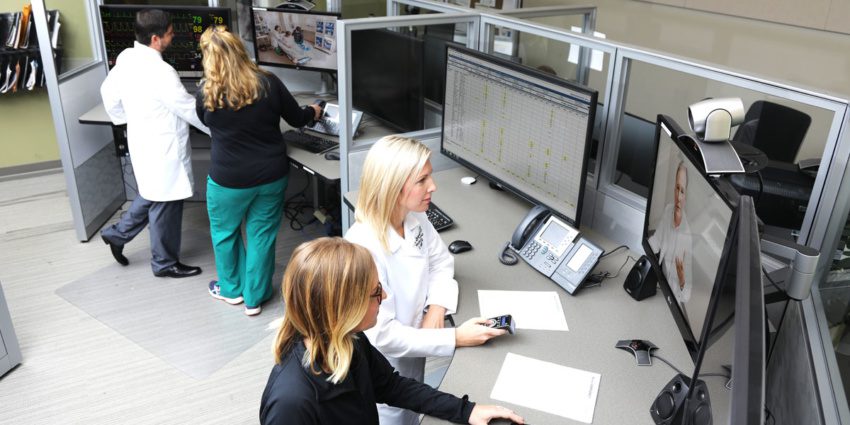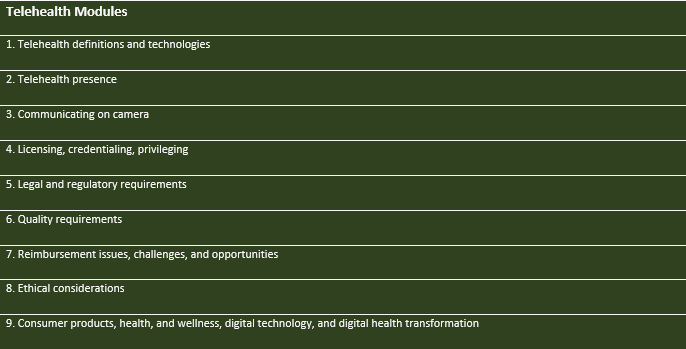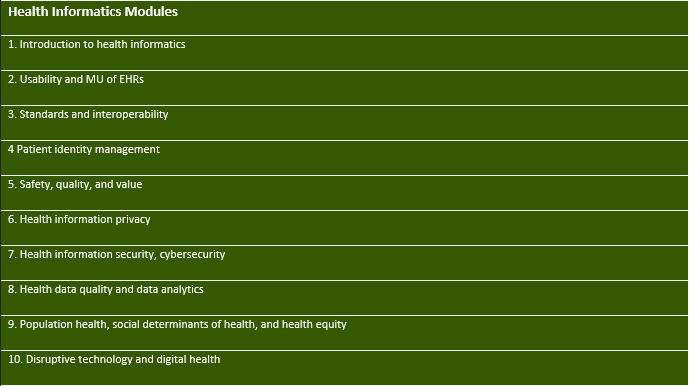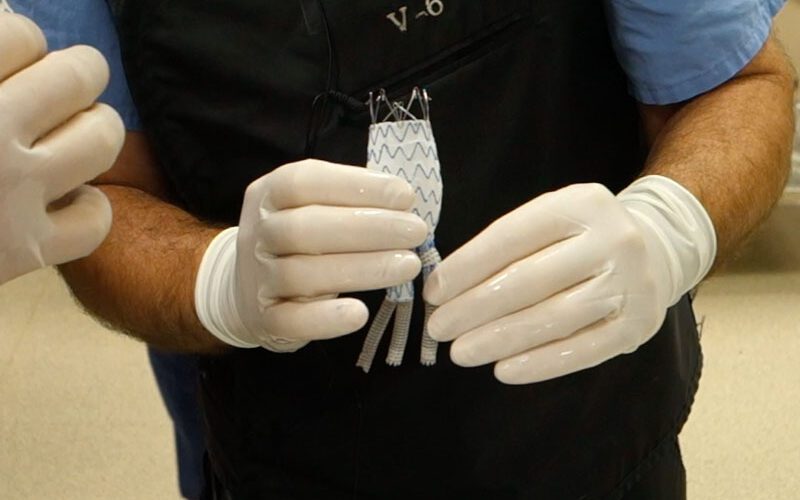Training workforce in virtual health care supported by collaborative approach
April 27, 2023
This paid piece is sponsored by Dakota State University.
In the fall of 2022, Avera Project NEXT, a $1.5 million grant from the Health Resources and Services Administration, sparked a collaboration between Avera and Dakota State University.
The grant is to help support a three-year Rural Public Health Workforce Training Network Program. Dakota State University faculty and staff assisted with creating comprehensive training manuals for telemedicine and health care informatics.
For South Dakota’s small towns, “telehealth has a lot of advantages, removing the need to travel and increasing remote monitoring,” said Dr. Patti Brooks, assistant professor and director of the Center for Advancement of Health IT. “It’s critically important to keep rural health care in these small towns alive,” she explained.
According to Brooks, Avera has been providing telehealth since the mid-1990s, and this grant helps provide cross-training for telehealth and health informatics and health care information technology skills.
“Our parts of the grant included developing telehealth and health informatics training modules and helping Avera find health informatics and cybersecurity students for internships,” Brooks said.
To develop the content over the past several months, she worked with Julie Wulf Plimpton, assistant professor of health information and informatics; Dr. Deb Tech, associate professor of marketing; Catherine Ingham, CAHIT Support; DSU student Zach Rohrbach; and the Career and Professional Development Department.
Rohrbach created and narrated PowerPoints and generated closed captioning for the content. Ingham utilized Articulate 360 software to refine the content, add quizzes and assist with the formatting necessary for publishing the material on Avera’s learning management system.
“We were involved in helping to determine topics to cover,” Brooks said, and “we developed 19 training modules, nine for telehealth and 10 for health informatics.”
The telehealth modules help providers understand guidelines for telehealth treatment, such as regulatory requirements, ethical considerations, focusing on virtual care and remote patient monitoring through things like patient wearables, Brooks explained.
The health informatics modules provide guidelines for health informatics such as standards and interoperability, patient identity management, health information privacy, health information security and cybersecurity, health data quality and data analytics, population health, and disruptive technology and digital health.
These training modules will be used for all new telehealth staff at Avera, DSU health informatics and cybersecurity students, and high school students showing interest in health care, and the cybersecurity modules will be used as training for staff in Avera facilities as additional cybersecurity awareness training.
In addition to the creation of the modules, Avera also is providing paid internships for two health informatics students and two cybersecurity students per year of the three-year grant, according to Brooks.
Tech from marketing will assist with cybersecurity internships and Wulf Plimpton with health informatics internships. “It’s a perfect way for students to get exposure to health care outside of the educational environment and potentially get their foot in the door,” she said.
Brooks said some internship stipulations are that students must live in South Dakota and work for an Avera facility that is not in Minnehaha or Lincoln counties. The internships will take place both at an Avera facility and remotely. The first-year internships already have been filled.
“Internships are critical for students,” Brooks said. “You can learn a lot of things in a book, but until you’re on-site, you don’t get to experience it. It also helps the student determine whether health care is their niche.”
Collaborating with organizations and businesses outside of Dakota State provides opportunities for students and helps create relationships and pipelines for workforce development.
Brooks, who worked in the industry with Avera for 31 years before joining DSU, noted that this grant focused on advancing rural health care is a huge mission of what Avera is all about, “trying to keep people well and keep them as close to home as possible.”
For the duration of the three-year grant, Brooks will serve on the Avera Project NEXT board.
Visit the DSU website for information about health informatics and information management, information systems and various cybersecurity programs.

